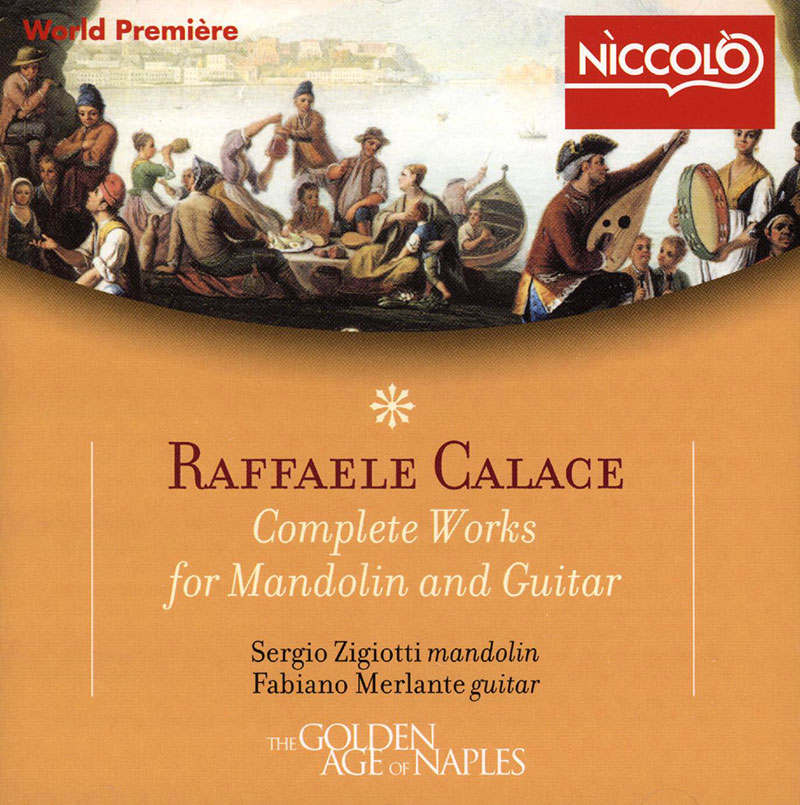Logowanie
OSTATNI taki wybór na świecie
Nancy Wilson, Peggy Lee, Bobby Darin, Julie London, Dinah Washington, Ella Fitzgerald, Lou Rawls
Diamond Voices of the Fifties - vol. 2
Tylko 1000 egzemplarzy!!!
DVORAK, BEETHOVEN, Boris Koutzen, Royal Classic Symphonica
Symfonie nr. 9 / Wellingtons Sieg Op.91
nowa seria: Nature and Music - nagranie w pełni analogowe
Petra Rosa, Eddie C.
Celebrating the art and spirit of music - vol. 3 - Pure
warm sophisticated voice...
Peggy Lee, Doris Day, Julie London, Dinah Shore, Dakota Station
Diamond Voices of the fifthies
Tylko 1000 egzemplarzy!!!
SAMPLER - STS DIGITAL, Buddy Tate, Milt Buckner, Walace Bishop
Jazz Masters - Legendary Jazz Recordings - v. 1
proszę pokazać mi drugą taką płytę na świecie!
Chesky! Niezmiennie perfekcyjny
Winylowy niezbędnik
ClearAudio
Double Matrix Professional - Sonic
najbardziej inteligentna i skuteczna pralka do płyt winylowych wszelkiego typu - całkowicie automatyczna
CALACE, Sergio Zigiotti, Fabiano Merlante
Opera Completa per Mandolino e Chitarra

- Sergio Zigiotti - mandolin
- Fabiano Merlante - guitar
- CALACE
The long, productive period of activity of the Neapolitan musician Raffaele Calace, because of its timing (1863-1934), fell in an era of great social and political transformations that had important consequences also on a cultural level. At the end of the Bourbon domination, while the most important Neapolitan theatres were beginning to have problems, a radical cultural renewal took place, concentrating chiefly on a gradual increase of musical interest in instrumental production. Raffaele Calace, second son of the luthier Antonio, received his musical education at the Conservatory of Naples, where he studied violin; but he graduated in composition under the guidance of Paolo Serrao and Francesco Ancona. His musical activity was devoted above all to plucked string instruments, and he became a virtuoso performer on them and a composer of music for them. Calace – contrary to what one might expect, considering the great number of pieces that have been published for this combination of instruments – composed a version for mandolin and guitar only of the works presented here: they are still present and available, for this combination of instruments, in the present-day catalogue of the Calace Editions.





























